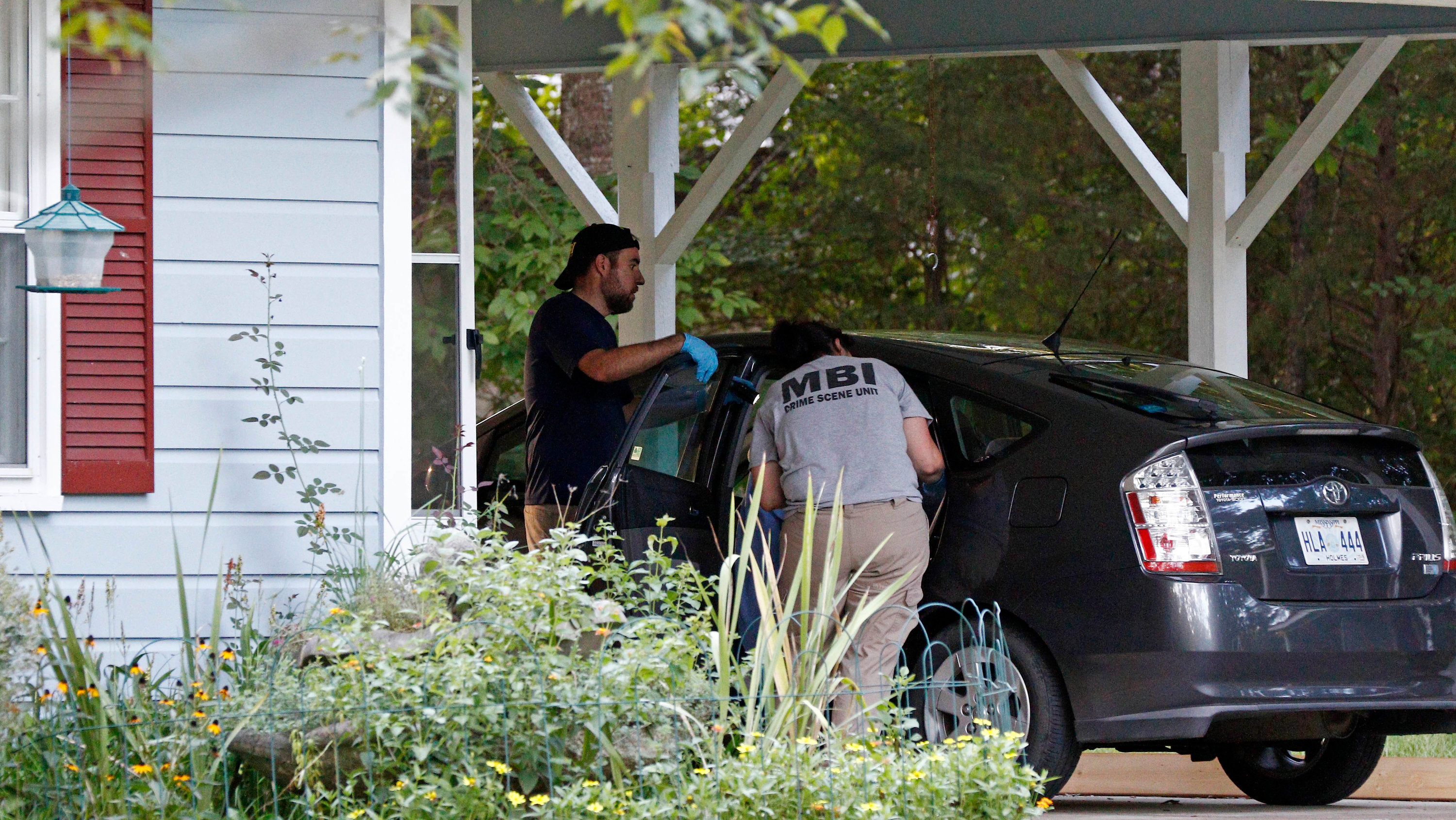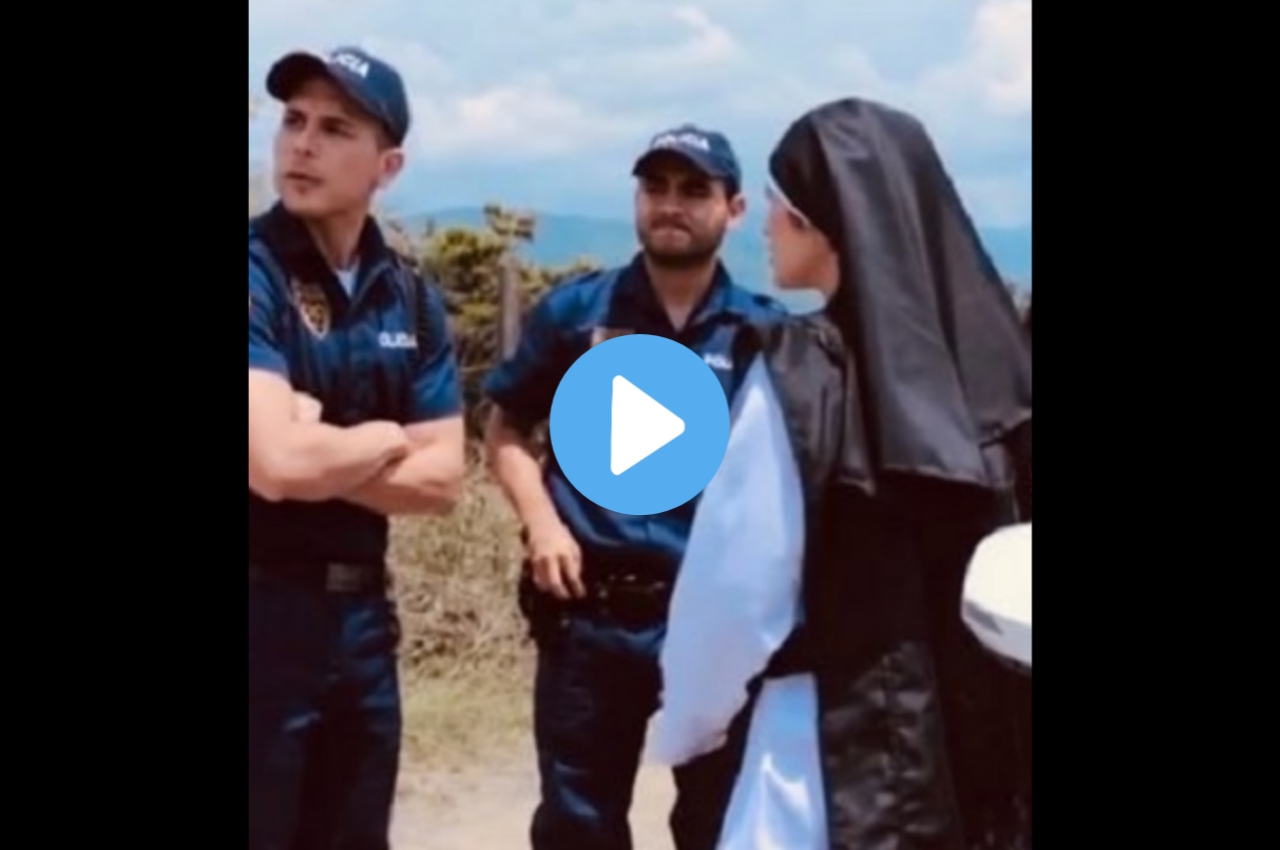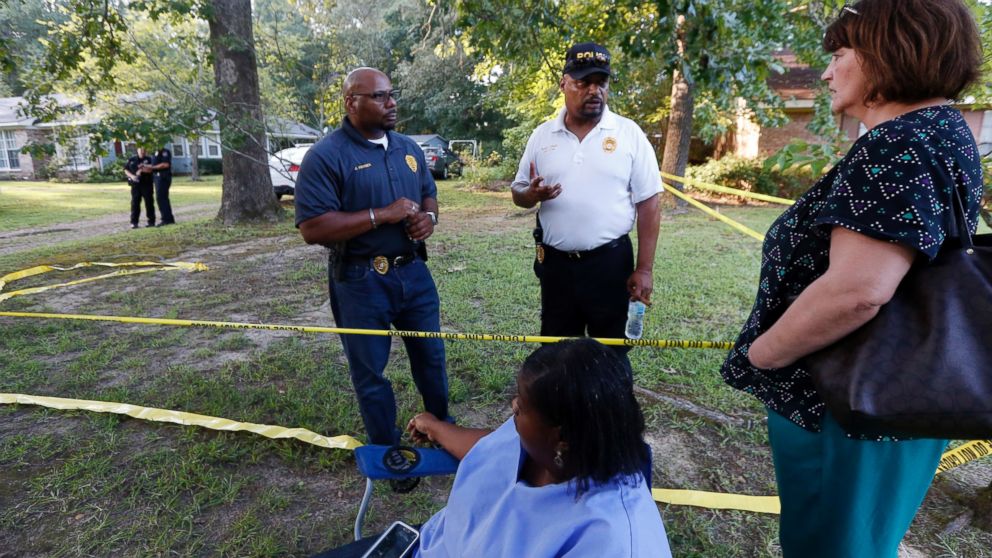Unveiling The Ethics And Implications Of "2 Nuns Being Searched By Police"

2 nuns being searched by police video is a noun that refers to a video footage depicting 2 nuns being subjected to a security search by the police. For example, in 2023, a video emerged showing 2 nuns undergoing a search at an Israeli checkpoint in the occupied West Bank.
This type of video has gained attention due to its relevance in understanding security measures and religious freedom. It raises questions about the balance between safety concerns and the rights of individuals, particularly those belonging to minority or marginalized groups.
Historically, such videos have sparked debates about the role of law enforcement and the potential for abuse of authority. They have also highlighted the need for transparency and accountability in security practices.
2 nuns being searched by police video
The video footage of 2 nuns being searched by police has brought to light several key aspects related to security measures, religious freedom, and the role of law enforcement. These aspects play a crucial role in understanding the complexities surrounding this issue.
- Security Concerns
- Religious Rights
- Authority and Accountability
- Transparency and Trust
- Historical Precedents
- Cultural Sensitivity
- Ethical Considerations
- Human Rights Implications
These aspects are interconnected and require careful consideration. For instance, while security concerns are valid, they should not overshadow the rights of individuals, including their religious freedom. Additionally, law enforcement authorities must be held accountable for their actions, and their practices should be transparent and ethical. By examining these aspects, we can work towards a more just and equitable society that respects both security and fundamental freedoms.
Security Concerns
Within the context of "2 nuns being searched by police video", security concerns play a significant role in justifying the actions of law enforcement. These concerns encompass various aspects that must be carefully considered to ensure a balanced approach between security and individual rights.
- Potential Threats
Security concerns often arise from potential threats to individuals or groups. In the case of "2 nuns being searched by police video", these threats could include terrorism, smuggling, or other illegal activities.
- Public Safety
Searches conducted by police aim to protect public safety by detecting and preventing crimes. In the context of "2 nuns being searched by police video", this concern is particularly relevant in areas where security threats are perceived to be high.
- National Security
In some cases, security concerns may extend to national security interests. For example, searches of individuals entering or leaving a country may be conducted to prevent the movement of dangerous goods or individuals.
- Balancing Act
Security concerns must be balanced against the potential infringement of individual rights, including the right to privacy and freedom from unreasonable searches. Finding the right balance is crucial to ensure both security and liberty.
The examination of security concerns in the context of "2 nuns being searched by police video" highlights the complex interplay between public safety, individual rights, and the challenges faced by law enforcement in maintaining security while respecting fundamental freedoms.
Religious Rights
The connection between "Religious Rights" and "2 nuns being searched by police video" lies at the heart of understanding the complex interplay between security measures and individual freedoms. Religious rights encompass the fundamental right to practice one's religion without discrimination or interference from the state. In the context of "2 nuns being searched by police video", religious rights come into play when individuals are subjected to searches based on their religious attire or affiliation.
The importance of religious rights as a component of "2 nuns being searched by police video" cannot be overstated. Religious attire and symbols often hold deep significance for individuals and communities, and searches that target individuals based on their religious expression can be perceived as a violation of their fundamental rights. This can lead to feelings of discrimination, resentment, and distrust between religious groups and law enforcement.
Real-life examples of religious rights within "2 nuns being searched by police video" abound. In 2023, two nuns wearing their religious habits were stopped and searched by police at an Israeli checkpoint in the occupied West Bank. The incident sparked widespread criticism from religious leaders and human rights groups, who argued that the search was unnecessary and disrespectful. Similarly, in 2019, a Muslim woman wearing a hijab was detained and searched by police at an airport in the United States, leading to allegations of religious profiling.
Understanding the connection between religious rights and "2 nuns being searched by police video" has practical applications in promoting tolerance, mutual respect, and cooperation between law enforcement and religious communities. By recognizing the importance of religious rights and ensuring that searches are conducted in a non-discriminatory and respectful manner, law enforcement can build trust and legitimacy within diverse communities. This, in turn, can contribute to a safer and more just society for all.
In conclusion, the connection between religious rights and "2 nuns being searched by police video" highlights the need for a balanced approach that respects both security concerns and individual freedoms. By safeguarding religious rights, law enforcement can foster trust and cooperation within diverse communities, ultimately contributing to a more harmonious and inclusive society.
Authority and Accountability
In the context of "2 nuns being searched by police video", the connection between "Authority and Accountability" plays a critical role in understanding the dynamics between law enforcement and the public. Authority, in this context, refers to the power vested in police officers to conduct searches and maintain public order, while accountability refers to the mechanisms in place to ensure that this power is exercised responsibly and without abuse.
The importance of "Authority and Accountability" as a component of "2 nuns being searched by police video" cannot be overstated. When police officers exercise their authority in a responsible and accountable manner, it fosters trust and legitimacy within the communities they serve. This, in turn, contributes to a safer and more just society for all. Conversely, when authority is abused or exercised without proper accountability, it can lead to resentment, distrust, and a breakdown in the relationship between law enforcement and the public.
Real-life examples of the connection between "Authority and Accountability" and "2 nuns being searched by police video" abound. In 2023, two nuns wearing their religious habits were stopped and searched by police at an Israeli checkpoint in the occupied West Bank. The incident sparked widespread criticism from religious leaders and human rights groups, who argued that the search was unnecessary and disrespectful. The lack of accountability in this case eroded trust between the police and the religious community, leading to further tensions.
The practical applications of understanding the connection between "Authority and Accountability" and "2 nuns being searched by police video" are far-reaching. By ensuring that police officers exercise their authority in a responsible and accountable manner, we can promote transparency, prevent abuse of power, and build stronger relationships between law enforcement and the communities they serve. This, in turn, contributes to a more just and equitable society for all.
In conclusion, the connection between "Authority and Accountability" and "2 nuns being searched by police video" is essential for ensuring that law enforcement operates with the trust and legitimacy of the public. By holding police officers accountable for their actions and empowering them to exercise their authority responsibly, we can create a more just and equitable society for all.
Transparency and Trust
Transparency and trust are essential components of "2 nuns being searched by police video," as they shape the public's perception of law enforcement and its legitimacy. Transparency refers to the openness and accessibility of information about police actions, while trust refers to the belief that police are acting fairly and ethically. Both are crucial for building and maintaining a strong relationship between the police and the communities they serve.
- Clear Communication
Police departments should provide clear and timely information about their policies, procedures, and actions. This includes releasing body camera footage, providing regular reports on stop-and-frisk data, and holding public forums to discuss policing issues.
- Independent Oversight
Civilian oversight boards and independent investigators can provide an external check on police practices. They can review complaints, investigate misconduct allegations, and make recommendations for improvement.
- Accountability for Misconduct
Police officers who engage in misconduct must be held accountable through fair and impartial disciplinary processes. This includes firing, suspending, or criminally charging officers who violate the law or department policies.
- Community Engagement
Police departments should actively engage with the communities they serve to build trust and understanding. This can involve hosting community meetings, participating in neighborhood watch programs, and working with community leaders to address local concerns.
Transparency and trust are not just ideals but essential elements of effective policing. When the public has confidence that the police are acting fairly and ethically, they are more likely to cooperate with law enforcement and report crimes. This ultimately makes communities safer for everyone.
Historical Precedents
Historical precedents play a crucial role in shaping the context and understanding of "2 nuns being searched by police video". These precedents encompass past events, legal rulings, and societal norms that influence current practices and attitudes toward police searches of individuals based on their religious attire or affiliation.
- Legal Frameworks
Legal frameworks, such as constitutional provisions and case law, establish the legal parameters within which police searches can be conducted. Historical precedents in this area include rulings on the balance between public safety concerns and individual rights, such as the right to privacy and freedom from unreasonable searches.
- Social and Cultural Norms
Social and cultural norms shape societal attitudes towards policing and the treatment of religious minorities. Historical precedents in this area include past instances of discrimination or profiling based on religious attire, which can influence current practices and perceptions.
- Religious Freedom Cases
Religious freedom cases provide specific examples of how courts have interpreted and applied legal principles to cases involving searches of religious individuals. These precedents can offer guidance on the appropriate scope and manner of searches in such situations.
- International Standards
International human rights standards, such as the Universal Declaration of Human Rights, establish global norms for the protection of religious freedom and the right to privacy. These standards can serve as a benchmark against which national laws and practices can be evaluated.
Understanding historical precedents in the context of "2 nuns being searched by police video" enables us to draw parallels, identify patterns, and learn from past experiences. By examining these precedents, we can better assess the legality, necessity, and potential implications of such searches, and work towards ensuring that they are conducted in a fair, respectful, and non-discriminatory manner.
Cultural Sensitivity
Cultural sensitivity plays a pivotal role in the context of "2 nuns being searched by police video." It encompasses the ability of law enforcement officers to understand, respect, and adapt to the cultural norms, values, and practices of the communities they serve. This sensitivity is crucial in ensuring that police searches are conducted in a manner that is respectful, non-discriminatory, and consistent with the fundamental rights of individuals.
When police officers demonstrate cultural sensitivity, they are more likely to build trust and rapport with the communities they serve. This trust is essential for effective policing, as it encourages cooperation and information sharing, ultimately leading to safer and more cohesive communities. Conversely, a lack of cultural sensitivity can lead to misunderstandings, resentment, and a breakdown in the relationship between the police and the community.
Real-life examples abound where cultural sensitivity has played a critical role in "2 nuns being searched by police video" situations. In one such instance, police officers in the United Kingdom were called to search a group of Muslim women wearing hijabs. The officers were aware of the religious significance of the hijab and conducted the search in a sensitive and respectful manner, ensuring that the women's religious beliefs were accommodated. This approach helped preserve the dignity of the women and fostered a positive relationship between the police and the Muslim community.
Understanding the connection between cultural sensitivity and "2 nuns being searched by police video" has important practical applications. By training law enforcement officers on cultural sensitivity, we can improve police-community relations, reduce the risk of misunderstandings and conflict, and ensure that searches are conducted in a fair and equitable manner. This, in turn, contributes to a more just and inclusive society for all.
Ethical Considerations
Ethical considerations play a crucial role in the context of "2 nuns being searched by police video." Ethics encompass the moral principles that guide our actions and decisions, ensuring that they align with societal values and respect fundamental human rights. In the context of police searches, ethical considerations become even more critical, as they directly impact the dignity, privacy, and well-being of individuals.
The connection between ethical considerations and "2 nuns being searched by police video" is multifaceted. First, ethical considerations necessitate that police searches be conducted in a manner that is respectful and non-discriminatory. This means taking into account the individual's religious beliefs, cultural background, and personal circumstances. For instance, in the case of the two nuns being searched, the police should have been mindful of the nuns' religious attire and conducted the search in a way that preserved their dignity and privacy.
Furthermore, ethical considerations demand that police searches be proportionate and necessary. This means that the scope and intrusiveness of the search should be limited to what is reasonably required to achieve the legitimate purpose of the search. In the case of "2 nuns being searched by police video," the police should have considered whether the search was truly necessary and whether less intrusive methods could have been employed to ensure public safety.
Understanding the connection between ethical considerations and "2 nuns being searched by police video" has important practical applications. By incorporating ethical principles into police training and guidelines, we can ensure that searches are conducted fairly, respectfully, and in accordance with the fundamental rights of individuals. This, in turn, can help build trust between the police and the communities they serve, fostering a more just and equitable society for all.
Human Rights Implications
The connection between "Human Rights Implications" and "2 nuns being searched by police video" is undeniable and profound. Human rights encompass the fundamental and inalienable rights and freedoms that all humans are entitled to, regardless of their race, gender, religion, or any other status. "2 nuns being searched by police video" raises critical questions about the protection and potential violation of these rights, particularly in the context of security measures and religious expression.
Human rights implications are a critical component of "2 nuns being searched by police video" as they delve into the delicate balance between public safety and individual liberties. The search of the two nuns, based on their religious attire, has sparked discussions about religious discrimination, freedom of expression, and the right to privacy. Understanding these implications is crucial for ensuring that security measures are implemented in a manner that respects and upholds human rights.
Real-life examples abound where "2 nuns being searched by police video" has brought human rights implications to the forefront. In 2023, the search of two nuns at an Israeli checkpoint in the occupied West Bank raised concerns about religious profiling and the violation of their right to freedom of religion. Similarly, in 2019, a Muslim woman wearing a hijab was detained and searched at an airport in the United States, highlighting issues of religious discrimination and the right to privacy.
The practical applications of understanding the connection between "Human Rights Implications" and "2 nuns being searched by police video" are far-reaching. By acknowledging and addressing human rights concerns, law enforcement agencies can develop more sensitive and respectful approaches to security measures. This can help build trust between the police and diverse communities, fostering a more inclusive and just society. Furthermore, it can provide guidance for policymakers and legislators in creating laws and regulations that balance public safety with the protection of human rights.
In examining "2 nuns being searched by police video," we have explored a complex intersection of security, religious rights, authority, transparency, historical precedents, cultural sensitivity, ethical considerations, and human rights implications. These factors are intricately interconnected, shaping the delicate balance between public safety and individual freedoms.
The search of the two nuns underscores the need for law enforcement to exercise their authority responsibly and with respect for religious diversity. It highlights the importance of transparency and accountability in building trust with communities. Furthermore, it raises fundamental questions about the protection of human rights, particularly in the context of security measures and religious expression.
As we navigate the challenges of maintaining security while upholding fundamental freedoms, the insights gained from "2 nuns being searched by police video" serve as a reminder of the complexities involved. It is a topic that demands ongoing dialogue, collaboration, and commitment to finding equitable solutions that safeguard both public safety and the inherent dignity of all individuals.Discover The Delightful World Of Trader Joe's White Wine
Unveiling The Gripping Storyline Of "Mayor Of Kingstown"
Bad Bunny Performance: Immersive And Unforgettable

Man Confesses to Killing 2 Nuns in Rural Mississippi, the Police Say

(Full Video) 2 Nuns Being Searched By Police Viral On Twitter Unitary

Manhunt Underway for Killer of 2 Nuns in Mississippi ABC News
ncG1vNJzZmibkaW5qrrEZ6psZqWoerix0q1ka2aRoq67u82arqxmk6S6cH6Mp6ynq12Xsqq6xmaqnpmimLWmsIybsGaon6G2pLGMr6CdnZ9jtbW5yw%3D%3D